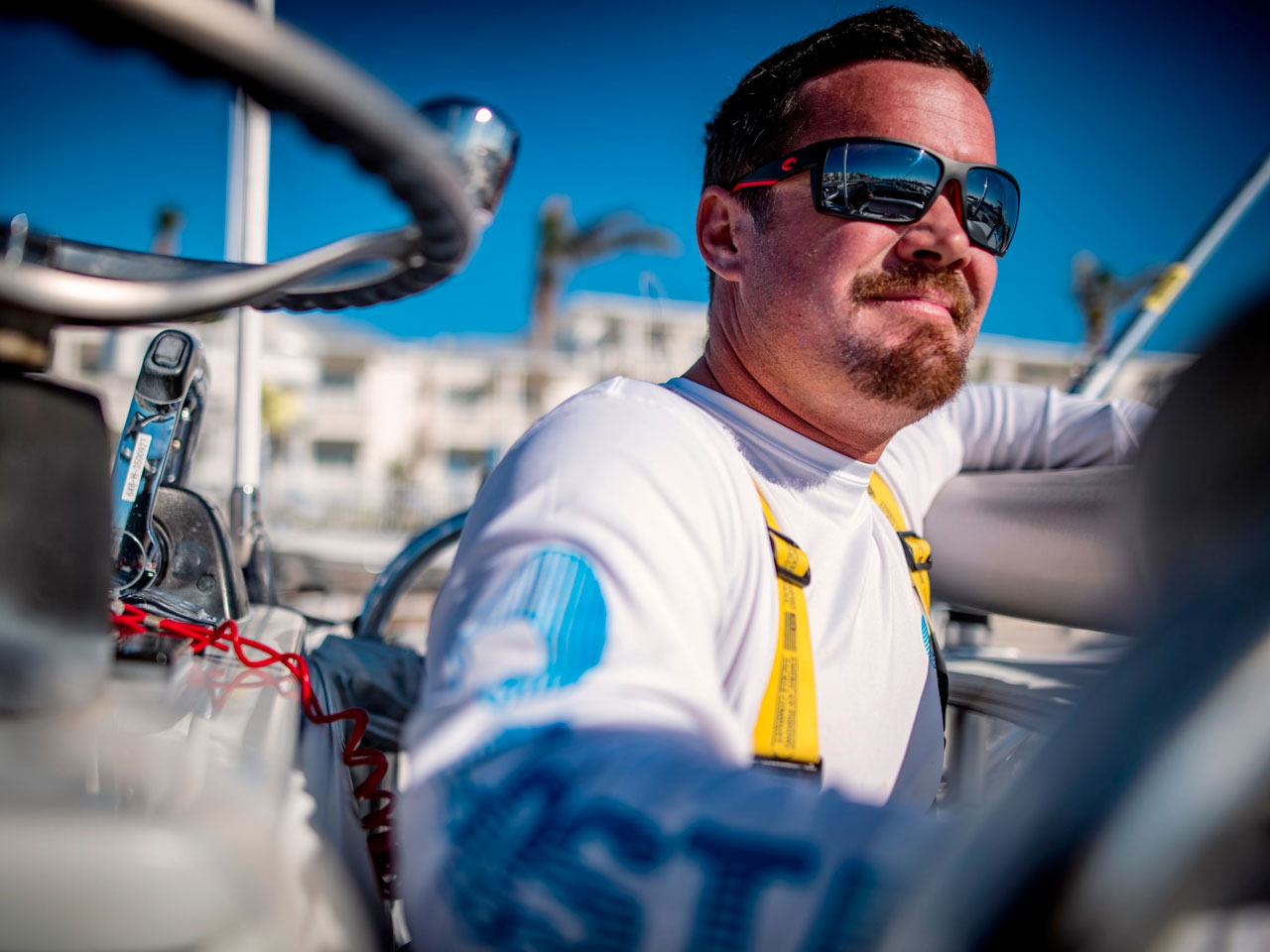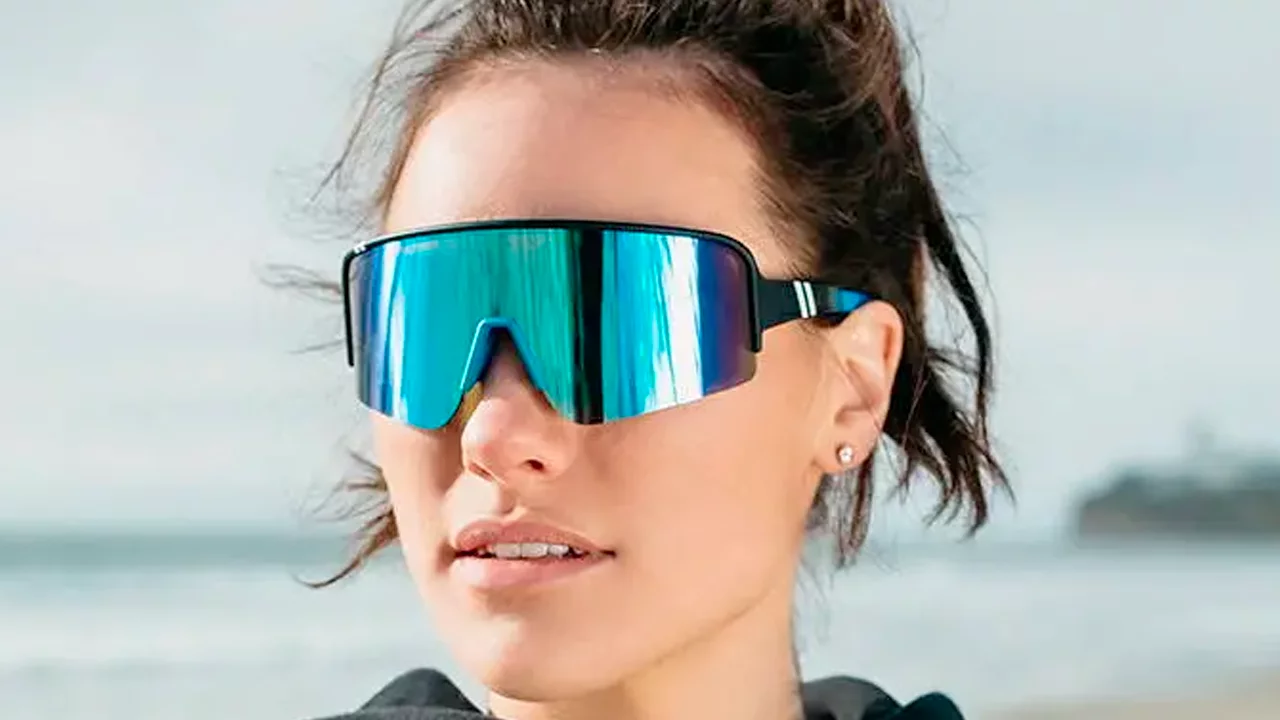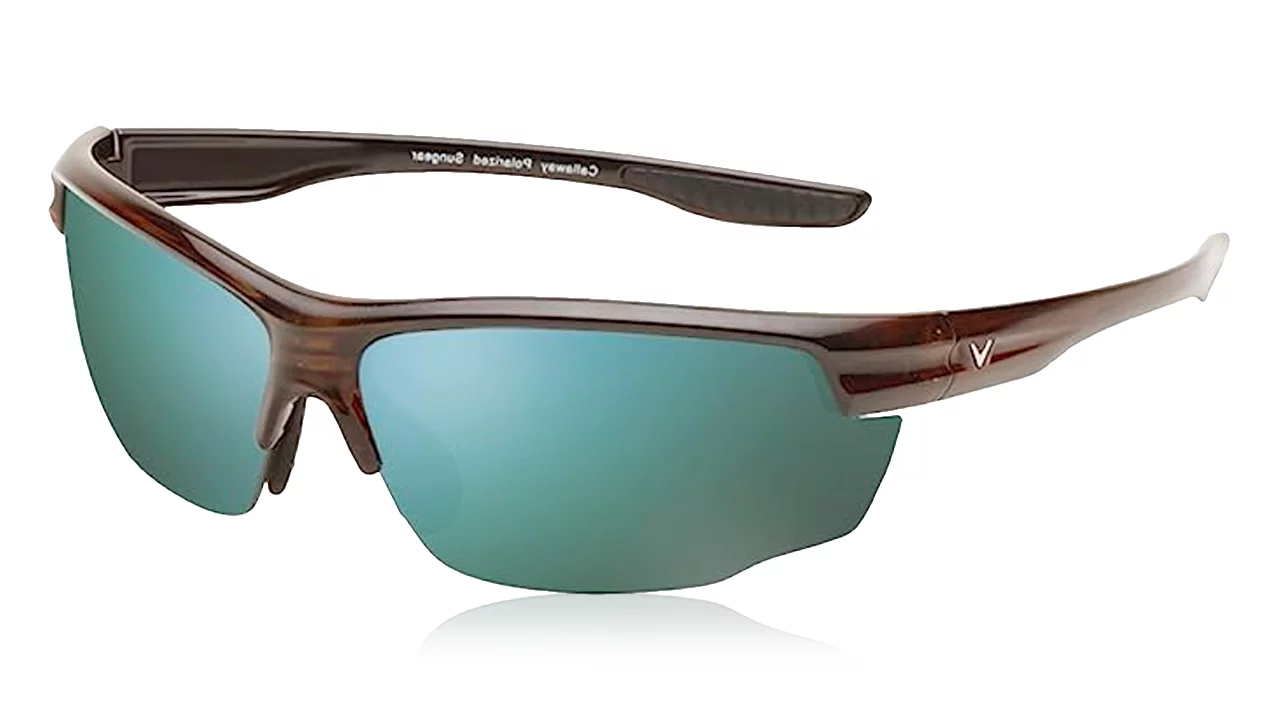Any fisherman is always on the constant lookout for better fishing equipment. That way, they can ensure a properly safe fishing experience.
As a general rule, your fishing sunglasses are the most essential part of your gear. In total, you have two options: polarized fishing sunglasses and non-polarized ones.
Either choice comes with its own uses. Both non-polarized and polarized fishing glasses also have their pros and cons. To make the choice easier for you, we’ve gathered below all the information you’ll need.
Polarized Vs. Non-Polarized Glasses
Here’s the difference between either option:
Polarized Glasses
These fishing sunglasses are called polarized since they reflect much of the sun’s glare. Most polarized glasses also have UV protection, but polarization alone doesn’t offer any protection. It only reduces the glare from sunlight.
These sunglasses are typically expensive and dark in color.
Non-Polarized Glasses
As opposed to polarized glasses, non-polarized ones don’t reduce the glare from the sun. But, all non-polarized glasses are coated with a UV protection layer. They’re also budget-friendly and come in many colors.
What to Look For When Buying Fishing Sunglasses
Now you know the primary difference between a polarized and a non-polarized pair of glasses. But, how should you go about choosing either?
Well, here’s a bullet list of things to check off before making your purchase:
- Pick a waterproof pair. It’ll do you well when out in the water.
- Make sure they’re impact-resistant as well. Since you don’t know what to expect when out fishing, it’s best to be prepared.
- Your sunglasses should be scratch-resistance too. This will prolong their shelf life.
- The glasses’ fit must be perfect for your own convenience. That’s why you should check that they’re lightweight and not heavy on your nose bridge.
- They also shouldn’t slip off easily. That’s why you’d want a pair of glasses that come with a nosepiece and temple inserts. These will help keep the glasses in place.
- Go for a sturdy pair of glasses. You need a pair that’ll withhold a struggle that might happen between you and a stubborn fish.
- You want your eyes to be wholly protected from the UV rays. So, choose a pair with a wraparound shape to cover your eyes well.
Want to go the extra mile? What about getting a suitable pouch to safely keep them in? Also, keep a clean cloth in it to wipe away water and dirt off your glasses.
4 of Our Best Recommendations for Polarized Fishing Sunglasses
The previous list may have seemed overwhelming to you; however, don’t stress yet! We’re here to help you even more by offering our top 4 recommended brands.
The following list includes all you need to know about these four sunglasses in terms of function, shape, size, and more.
Costa Reefton Sunglasses
The Reefton sunglasses are Costa’s best-polarized fishing pair yet. Plus, their lens comes in both blue mirror and gray silver. These two colors are best for bright sunny days, whether on land or at sea.
Here are Reefton’s pros and cons:
Pros
- Water and sweat-proof lens good for hot days out in the water
- Rubber nose and temple aids that’ll keep the glasses secure on your face
- UV protection coating to fend off the harmful sun rays
- Size made to comfortably fit large heads
Cons
- It can be considered costly
- Not an anti-fog lenses, which may make fishing difficult on foggy or high-heat days
Maui Jim Southern Cross Sunglasses
Based in Hawaii, these Maui Jim glasses were inspired by the Southern Cross constellation there. That’s why this pair of sunglasses provide a range of bronze, green, and gray polarized lenses.
These are the Southern Cross’ pros and cons:
Pros
- Maui Brilliant lens of high-quality material that’ll help you see clearly
- Water-resistant and glare-protection lens to protect your eyes from UV rays and seawater
- A comfortable fit that comes with rubber nose pieces and temple aids, preventing the glasses from quickly slipping off
- Lightweight, so it won’t give you a headache after a long day out fishing
Cons
- Maui Jim sunglasses are pretty expensive
- They don’t come in wider frames, so they won’t fit all
Waterland Catchem Sunglasses
Waterland is known for manufacturing polarized lenses with attractive hues, and the Catchem model is no exception–your sunglasses will undoubtedly stand out from the crowd.
Here are Catchem’s pros and cons:
Pros
- Lenses are available in icy blue, orange, and green colors to cover a wide range of uses
- HueView lens technology that’ll help provide a crisp and clear image of your surroundings
- UV and glare protection. It also comes in wide frames that are sure to fit most heads
- Made from polycarbonate material that ensures its lightweight and durability
Cons
- Limited availability that depends on where you live
- They may be waterproof, but their lens lacks an oleophobic coating that repels oil or sweat from your hands
Wiley X WX Aspect Sunglasses
The Aspect model from Wiley X would be the closest in shape to regular sunglasses if their polarized lens didn’t give them away. Their frames come in various colors as well.
Here are Aspect’s pros and cons:
Pros
- Shatterproof, polycarbonate lenses that make the Aspect glasses durable and lightweight
- Double-injected rubber nose pieces and temple support that allow for a comfortable and non slippery fit
- A budget-friendly option as opposed to its expensive alternatives
- It comes in either gray, green, or bronze lenses that are water, impact, and fog-resistant
Cons
- Their frames aren’t wide enough to fit all, so they’d either be too tight or won’t provide enough coverage for your eyes
- The lenses aren’t scratch-resistant, so they might get ruined quickly if you don’t take care of them well
The Verdict
So, in summary, which fishing glasses are the best? The polarized fishing sunglasses or the non-polarized ones?
We’d recommend polarized glasses if you enjoy outdoor activities besides fishing, such as boating, biking, or jogging.
Our top pick from above is undoubtedly the Waterland Catchem glasses. Not only do they provide a wide range of colored lenses to protect your eyes from the sun’s glare all day, but they also offer solid quality.





